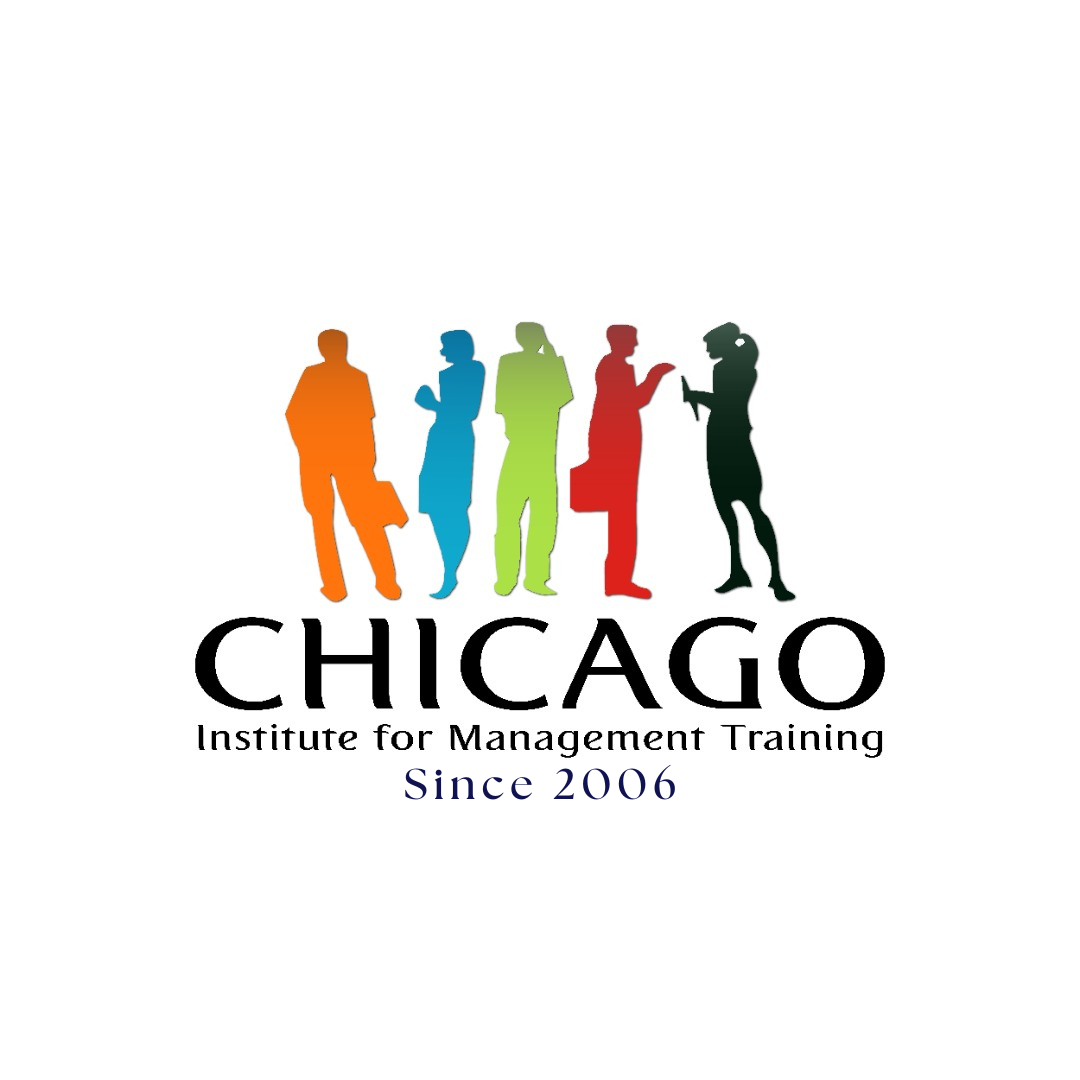Curriculum
- 9 Sections
- 34 Lessons
- 40 Hours
Expand all sectionsCollapse all sections
- Reliability Fundamentals4
- Risk Management4
- Probability and Statistics4
- Reliability Testing3
- Reliability Design and Analysis4
- Maintainability and Logistics4
- Reliability Data Analysis4
- Reliability Information Systems3
- Reliability Leadership and Management4
Requirements
- Work Experience: Possess a minimum of eight years of on-the-job experience in reliability engineering or related fields.
- Decision-Making Role: At least three years of this experience must be in a decision-making position.
- Education Waiver: A portion of the experience requirement may be waived based on earned academic degrees (diploma, associate's, bachelor's, or master's).
- ASQ Membership: While not mandatory, membership in ASQ can provide access to resources and support.
Target audiences
- Reliability Engineers: Professionals seeking certification or career advancement.
- Quality Engineers: Individuals interested in expanding their skillset to include reliability.
- Design Engineers: Engineers looking to improve product reliability and reduce failures.
- Maintenance Engineers: Professionals involved in equipment maintenance and reliability.
- Risk Managers: Individuals responsible for identifying and mitigating risks.
- Safety Professionals: Those concerned with product and system safety.
- Other Engineering and Technical Professionals: Individuals with a focus on product or system performance and lifecycle.

